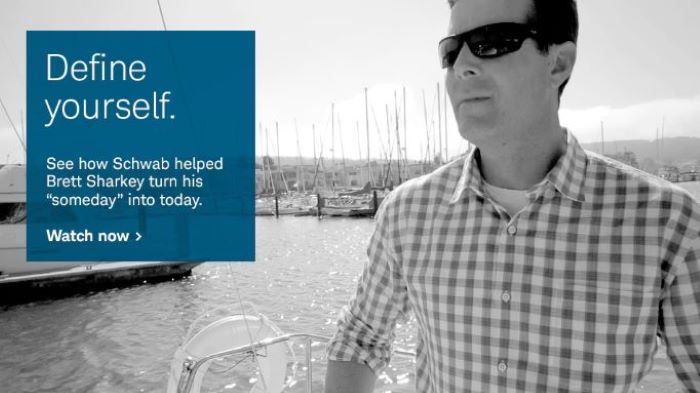Tools & Resources for Independent Advisors
Plot your path to independence with our resources. From industry data and advisor insights to transition options—we've got you covered.

Find your path
The first step toward professional freedom is easier when you know which way you're headed. Our Find Your Path quiz is designed to help you determine which direction might be right for you.
Understanding the RIA industry
Thinking about making the move to the RIA model? Understand the forces behind the industry's movement toward independence—and how you stand to benefit.
-
Modern office
Independent advisors are shaping the future of work on four fronts. Here's how you can too.
-
Exploring independence
There are more advantages to becoming an RIA than ever before. Be sure you're in the know.
-
Mastering the moment
Learn how powerful forces have created opportunities uniquely suited to independent investment advisors.
-
Forward momentum
Choosing independence can be the most important factor in accelerating your career, especially when transitioning as part of an elite team.
-
Rise above
Investment advisors have harnessed the freedom and flexibility of the RIA model to thrive—even during challenging times. Learn how.
-
Simplifying wealth
The number of ultra-wealthy families is on the rise—and so are their expectations. Make sure you have the resources you need to best serve them.
-
Busting RIA myths
There are many misconceptions about becoming an independent RIA. Get the facts straight before choosing your path forward.
Transition considerations
A smooth transition to independence starts with envisioning the future you want. Use these tools and resources to explore whether you're ready for life as an independent advisor.
-
RIA Roadmap
Looking to navigate the path to independence? Let this resource help guide you.
-
8 signs you're ready to move
Take this short assessment to know whether it's your time to make the move to the RIA model.
-
Explore your earning potential
Use the RIA Economic Discovery Tool to learn your projected income and future firm's valuation.
-
Ready to grow your firm?
Identify action items and resources to help you take your firm to the next level in our Guiding Principles assessment.
-
The 5 core RIA models
What will it look like to chart your own course to independence? See how independence works in each model.
-
The hybrid RIA model
Combine fee-based and commission business for a mix of freedom and familiarity. Is the hybrid RIA model right for you?
-
Insurance for your RIA
Learn about three common types of coverage RIAs rely on to protect their clients' assets and their firm.
Industry leader and advisor stories
Hear stories from peers who moved to the RIA model and gain insights from industry experts who share the impact independence can have on your business.
Pursue what matters most
For many, independence is about seizing control of their careers and lives. Brett Sharkey from Three Bridge Wealth Advisors describes how the RIA model allows him to deliver more personalized service to his clients.
Advisor stories
-

Watch video: The power of independence
Advisors from Berkeley Capital Partners in Atlanta share their experiences of becoming and working as an independent RIA firm.
-

Watch video: Why they made the move
Three Atlanta advisors discuss their experience creating a firm that allows them to be advocates for their clients.
For advisors
-
Importance of having the right custodian

After delays, frustrations, and a clash of values, Tyler Boon decided it was time for a change—even in the middle of a pandemic
-
Overcoming burnout and uncertainty with the RIA model

Mergers, turnover, and a financial crisis. How two advisors leveraged independence to overcome uncertainty and build a lasting firm.
-
Loving life serving clients on her terms

Stasia Washington left a successful career in banking to join an RIA—and never looked back. She shares how she rose to the top with a client-first approach.
-
Defining independence for themselves

The freedom of independence means something a little different to everyone. Hear advisors tell their own stories about why they made the move.
Contact
Get where you want to be
Learn how our innovation, insights, and resources can help you own your future and better serve your clients. Talk to a Schwab Business Development Officer today.
All conversations are completely confidential.
